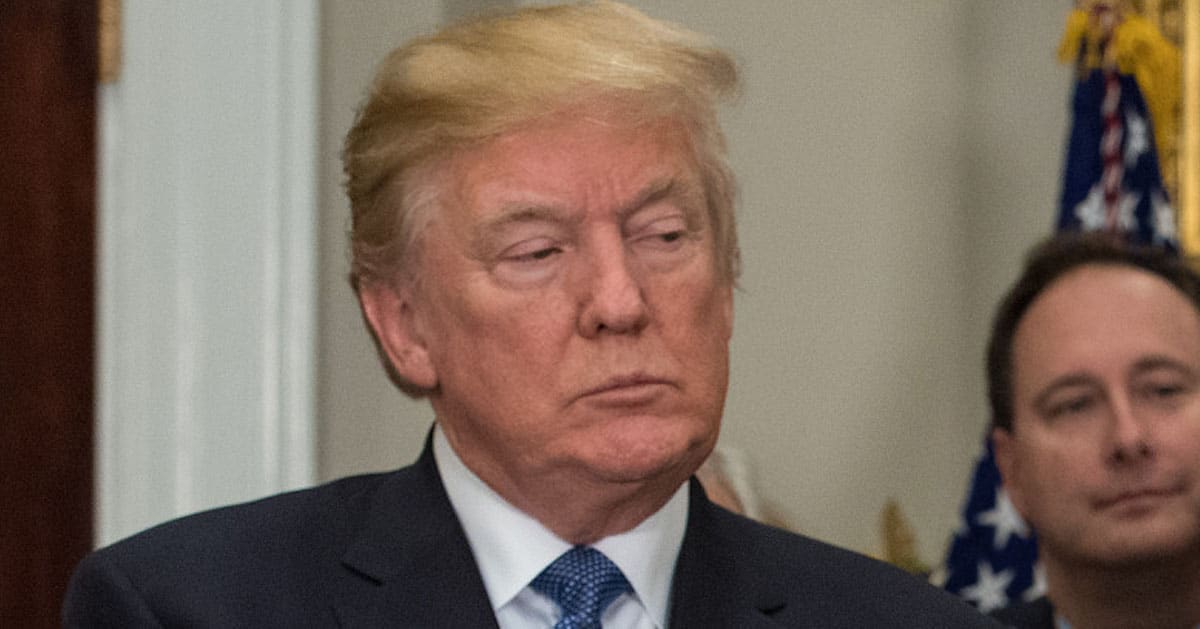



Julio César Chávez Jr.’s knockout loss to Jake Paul was nothing compared to the gut-punch of his ICE arrest. The Mexican boxer, once a middleweight champ, now faces deportation for visa violations and a rap sheet longer than a Sinaloa Cartel hit list. His story is a tragic collision of fame, failure, and federal enforcement.
Fox News reported that Chávez Jr. was cuffed by Immigration and Customs Enforcement on July 3, 2025, days after Paul outboxed him in Anaheim, California, on June 28, 2025, at the Honda Center, spotlighting his immigration woes amid a heated U.S. deportation debate.
His arrest stems from overstaying his visa and falsifying a green card application tied to his marriage to a U.S. citizen with Sinaloa Cartel connections. The Department of Homeland Security also flags him as a cartel affiliate, raising eyebrows about his time in the U.S.
His troubles trace back years, starting with a 2012 DUI arrest by California Highway Patrol, followed by a conviction that landed him 13 days in jail and three years’ probation.
By June 2012, the Superior Court of California didn’t mince words, slamming him for driving under the influence. Fast-forward to 2023, and a district judge issued a warrant for weapons trafficking and organized crime, painting a darker picture of his activities.
Chávez Jr.’s rap sheet grew uglier in 2024 when Los Angeles police nabbed him for illegal possession of an assault weapon and manufacturing a short-barreled rifle.
Convicted, he was freed on a $50,000 bond, with a court-ordered stint in drug rehab—a nod to his lifelong battle with substance abuse. His drug woes aren’t new: positive tests for furosemide in 2009 and marijuana in 2012 and 2017 cost him suspensions and fines.
The son of boxing legend Julio César Chávez Sr., a Hall of Famer adored in Mexico, Chávez Jr. grew up in the ring’s shadow, often joining his father before fights.
But Chávez Sr.’s own struggles with alcohol and cocaine, as he admitted in a 2015 NPR interview, cast a long shadow. “I just needed more alcohol and more cocaine,” Chávez Sr. said, hinting at the chaos that shaped his son’s path.
That chaos followed Chávez Jr., who accused his father of abuse in TikTok videos, revealing a fractured family behind the glitz. His own drug habit led to a 2020 indefinite suspension for dodging a drug test. Yet, he kept fighting, winning titles like the WBC middleweight crown in 2011, only to lose it in a 2012 pay-per-view bout against Sergio Martinez.
Chávez Jr.’s green card bid, tied to his U.S. citizen wife with links to the Sinaloa Cartel via a past relationship with Joaquin “El Chapo” Guzman’s late son, crumbled under scrutiny.
DHS didn’t buy it, labeling him an “egregious public safety threat” in December 2024 and referring him to ICE. His suspected cartel ties, coupled with Mexico’s charges against him for arms and drug trafficking, sealed his fate.
Mexico’s President Claudia Sheinbaum didn’t sugarcoat it: “The hope is that he will be deported and serve the sentence in Mexico,” she said on July 4, 2025, eyeing justice for his alleged crimes. Mexico never arrested him in 2023 because he was mostly stateside, dodging their grasp. Now, ICE is fast-tracking his removal, and the fighting world is buzzing.
Chávez Jr.’s U.S. entry in January 2025, paroled after crossing at San Ysidro, reeks of bureaucratic fumbles under the Biden administration, which failed to prioritize him for enforcement.
Conservatives see this as a symptom of lax border policies, letting a suspected cartel player slip through. The left, meanwhile, might argue he’s a scapegoat in a broken immigration system.
His boxing career, once promising, is now a footnote to his legal saga. After defending the WBC middleweight title three times, Chávez Jr. stumbled in high-profile losses to Canelo Alvarez in 2017, Daniel Jacobs in 2019, and Anderson Silva in 2021. His 2024 comeback win against Uriah Hall in Tampa was a brief flicker before Paul’s unanimous decision victory in 2025.
Jake Paul, never one to miss a jab, posted an American flag emoji on X after the arrest, a not-so-subtle dig at Chávez Jr.’s plight.
The YouTuber-turned-boxer’s win earned him a WBA cruiserweight ranking, while Chávez Jr. faces a different fight—against deportation. Paul’s emoji reeks of opportunism, but it underscores the public’s mixed feelings about Chávez Jr.’s fall.
Chávez Jr.’s story isn’t just about a boxer’s decline; it’s a cautionary tale of privilege squandered. Born to a legend, he had every chance to shine but chose a path of crime and addiction. Conservatives might argue his case proves the need for stricter immigration enforcement, especially for those with cartel ties.
The deportation debate, already a political lightning rod, now has Chávez Jr. as its reluctant poster child. His criminal history—DUI, weapons charges, and cartel suspicions—makes him a tough sell for sympathy, yet some see him as a product of a flawed system that let him linger too long. Empathy doesn’t erase accountability, but it complicates the narrative.
His father’s legacy, built on grit and glory, contrasts sharply with Chávez Jr.’s self-inflicted wounds. Chávez Sr. rose from an abandoned railroad car to global fame, while his son’s descent into drugs and crime feels like a betrayal of that struggle. The contrast stings, especially for fans who rooted for the son to carry the torch.



